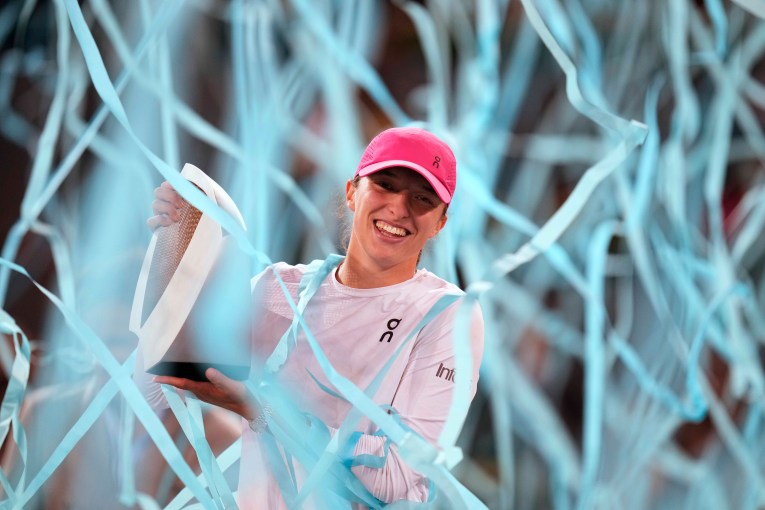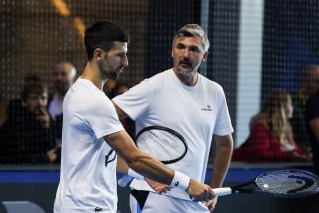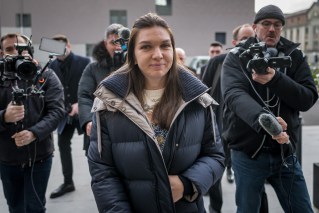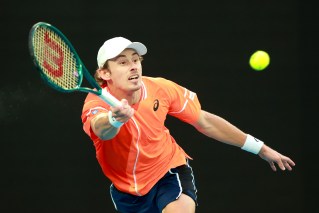‘Meldonium is legitimate’: Latvian creator speaks out
The man who created meldonium has spoken out following the announcement of tennis star Maria Sharapova’s positive test, saying the drug’s inclusion on WADA’s banned list was a violation of human rights.
The Russian 28-year-old, who holds a career Grand Slam and is one of the most high-profile stars in world sport, caused a furore on Tuesday (AEST) when she called a press conference to announce she had tested positive to Mildronate – also known as meldonium.
The positive test – which came at this year’s Australian Open – could lead to a lengthy ban from tennis and has already led to a number of sponsors suspending their relationship with Sharapova.
• Meldonium abuse in elite sport was ‘widespread’
• Sharapova’s treatment ‘not normal’: expert
• Maria Sharapova fails drug test: where to now?
• Tennis shock: Sharapova reveals positive drug test
Meldonium – manufactured in Latvia – is used to treat heart trouble, including angina and heart failure.
“Meldonium is not a performance-enhancing drug,” Professor Ivar Kalvins said in an interview with a Russian version of a Latvian news website.
“It just helps to protect the athlete’s heart from the consequences of physical overwork. That means it watches over athletes’ health.
“To ban this medicine means to ban athletes from taking care of their health. I consider it to be a kind of violation of human rights.”
The state-run news agency TASS reported that Russian volleyball international Alexander Markin, speed skating world champion Pavel Kulizhnikov and short track Olympic champion Semen Yelistratov have also tested positive for Meldonium.
Lengthy ban devastating for Sharapova, says Bollettieri
Meanwhile Sharapova’s former coach, Nick Bollettieri, has said a lengthy ban for doping would be devastating for her.
“I think it would be devastating if they didn’t allow her to come back,” Bollettieri, who spotted Russian Sharapova’s potential when she arrived in Florida with her father in 1994, told Sky Sports.
“It’s up to the testing people. But I don’t think she should be banned for life because of this. I think Maria will find a way to survive what is happening to her.”
Sharapova told the media on Monday that she had failed to read an email stating that meldonium had been added to the banned list on January 1, 2016.
She will be provisionally suspended from playing tennis on March 12 and could be hit with a four-year ban.
Bollettieri, who also nurtured the likes of Andre Agassi and Monica Seles at the academy he started in Bradenton, Florida and later sold to IMG, said Sharapova should not be judged too harshly.
“She really has been an outstanding character on and off the court for all of these years,” he said.
“I’m not trying to say she’s right or wrong, but she doesn’t do discos, no drinking sprees, she has been an outstanding character on and off the court all these years.”








